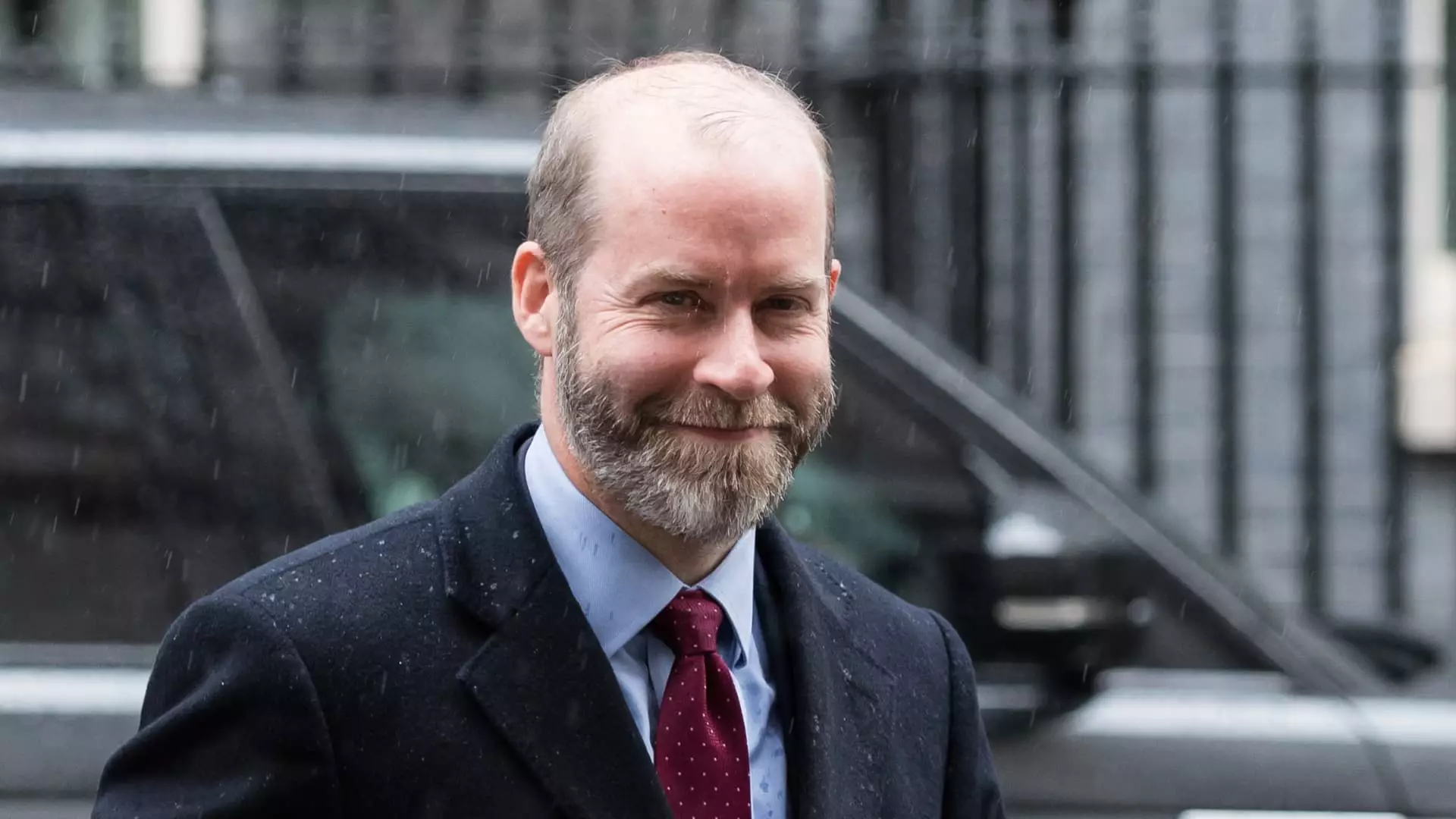In an era marked by rapid globalization and shifting economic landscapes, the United Kingdom is recalibrating its trade strategy post-Brexit. As the U.K. government seeks new partners, its focus on securing trade agreements with India and the Gulf Cooperation Council (GCC) countries underscores a pivotal shift in economic priorities. Business Minister Jonathan Reynolds, representing the Labour government, has articulated this commitment, emphasizing the urgency and importance of these negotiations. This strategy is not merely a continuation of prior efforts but represents an essential redefining of the U.K.’s role in global trade.
Reynolds announced that talks with the GCC—a bloc comprising Bahrain, Kuwait, Oman, Qatar, Saudi Arabia, and the United Arab Emirates—are set to resume imminently, with negotiations potentially starting within a week. This quick re-engagement is crucial for the U.K., as these Gulf states are not only key markets but also vital players in global energy supply and investments. The U.K. has historically maintained strong commercial ties in this region, and renewing these relationships is critical for economic recovery and diversification. The economic rationale is clear; tap into the buoyant economies of the Gulf that are diversifying away from oil dependency, while also leveraging opportunities for British businesses in sectors like technology, finance, and renewable energy.
Simultaneously, the U.K. is intensifying its trade talks with India, a market with immense potential. The ongoing dialogues, now in their fifteenth round, reflect both countries’ aspirations for stronger economic ties. Historically, trade negotiations can take significant time, filled with complex elements that require meticulous attention, but the commitment from both sides to reach a deal is promising. Indian officials have expressed a desire for a systematic approach to secure a comprehensive agreement, ensuring that both parties can align their economic interests.
Despite the optimistic outlook, there are inherent challenges in trade negotiations. Reynolds’ acknowledgment that some negotiations are more straightforward than others highlights the complexities involved. It’s vital for stakeholders to understand that trade deals are multifaceted and don’t progress linearly. Various barriers, such as regulatory standards, tariffs, and political relations, must be navigated. It’s imperative the U.K. effectively communicates its goals while facilitating negotiations to avoid a stalemate.
Post-Brexit, the government has faced criticism for the slow pace of securing new trade agreements. Although arrangements with Australia, New Zealand, and Singapore have been finalized, the absence of a definitive deal with India remains a significant point of contention. Many had hoped for a swift trade agreement following the referendum decisions, and public patience is waning. Nonetheless, Reynolds’ commitment to uphold the groundwork laid by previous administrations reassures that the U.K. government will not backtrack on its ambitions.
The Diplomatic Dimension of Trade Relationships
Beyond economic benefits, Reynolds emphasized the diplomatic significance of fostering trade relations, even with nations whose governance frameworks may differ from the U.K.’s. The minister articulated that while the U.K. does not conduct foreign policy through trade deals, such engagements promote positive commercial relationships that can yield broader societal benefits. Encouraging trade with diverse nations can facilitate cultural exchange and promote collaboration that transcends traditional diplomatic protocols.
As negotiations with India and GCC nations progress, it is crucial for the U.K. to maintain transparency and proactively address challenges that arise. The commitment to advancing these discussions is a vital component of the U.K.’s long-term economic strategy. Effective implementation of trade agreements can pave the way for increased investment, job creation, and growth in key sectors of the economy.
The U.K.’s renewed focus on India and the Gulf signifies a forward-looking strategy. By fostering strong economic partnerships, the U.K. aims not only to cement its position in global trade but also to secure robust economic growth in a post-Brexit landscape. The next few years will be critical as the U.K. strives to navigate complex negotiations, align mutual interests, and redefine its role on the world stage.


Leave a Reply